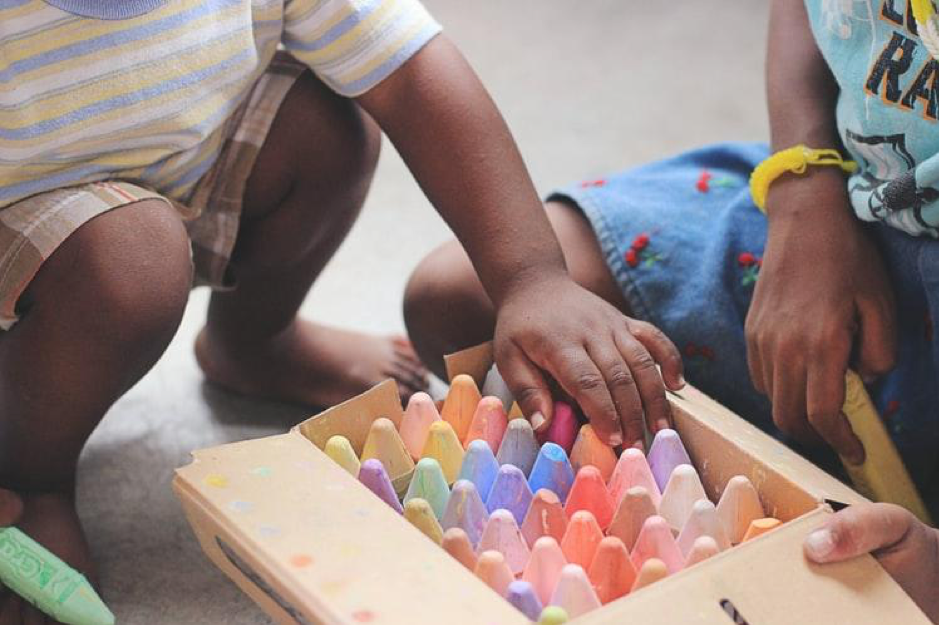13 de setembro de 2019
Forçar nossos filhos a compartilharem seus brinquedos lhes ensina a serem generosos?
Na primeira infância, normalmente nos três primeiros anos, a criança tem grande dificuldade para se situar a partir de uma perspectiva diferente de sua própria. Isso acontece porque ela está passando por uma etapa do desenvolvimento fortemente egocêntrica, na qual concentra-se em si mesma para aprender mais sobre quem é, descobrir suas preferências e como se comunicar. É uma etapa inicial de socialização em que precisa aprender a dividir.
Nesse contexto, surgem muitos conflitos sobre compartilhar os brinquedos. Você já deve ter presenciado uma situação em que crianças pequenas estão brincando e de repente começam a disputar o mesmo objeto. Normalmente isso termina com uma delas chorando por não ter conseguido pegar o brinquedo que tanto queria.
Ao presenciarem isso, os pais geralmente intervêm no conflito, forçando seu filho a compartilhar o brinquedo dele com outra criança mesmo que ele indique que não deseja fazer isso. Em certos casos, quando a criança ainda se recusa a dividir o objeto mesmo diante da imposição do adulto, o responsável acaba por retirar o brinquedo das mãos de seu filho para dar à outra criança. Mas será que dessa forma estamos ensinando as crianças a serem generosas?
Por que não forçar as crianças a compartilhar seus brinquedos?
Quando nós, adultos, compartilhamos algo, em geral estamos levando em conta a necessidade do outro. O que acontece é que muitas vezes os pequenos não estão prontos para fazer isso. Na fase egocêntrica, a criança não consegue considerar o outro, o que significa que é muito difícil para ela dividir seus brinquedos. Muitas vezes, acabamos por exigir isso dela antes que esteja pronta para fazê-lo.
Os pais não devem obrigar seus filhos a dividir seus brinquedos, como muitos acreditam que seja o melhor a fazer, porque forçá-los a compartilhar não ensina as lições que nós gostaríamos que eles aprendessem. A única coisa que eles podem aprender é que se chorarem bastante, conseguirão o que querem, mesmo que o brinquedo já esteja com alguém.
Por isso, é importante entender as limitações dessa fase, tendo expectativas realistas, sendo mais respeitosos e compreensivos com as crianças nessas situações. Ajustar o que esperamos delas nos ajuda a não ter medo de nos sentirmos constrangidos na frente de outros adultos quando os nossos filhos se negarem a compartilhar seu brinquedo, já que muitas vezes os outros pais esperam que tomemos alguma atitude ao presenciarmos uma disputa.
Como nossos filhos irão aprender a ser generosos?
O nosso objetivo é que as crianças se tornem pessoas generosas, que consigam perceber e corresponder às necessidades dos outros. Assim, para que elas aprendam a lidar com essas situações, precisamos oferecer recursos a elas. Podemos incentivar os pequenos a revezarem, para que autorregulem os turnos com os brinquedos. Ou seja, permitir que eles decidam por quanto tempo brincar, depois deixando que tomem a iniciativa de entregar o objeto para que a outra criança brinque. Isso torna possível que compreendam que chorar não significa que irão conseguir o brinquedo e que é preciso esperar um pouco em algumas situações para tê-lo.
Podemos, ainda, incentivar a criança que detém o objeto a dizer para a outra que naquele momento ela está brincando com ele. Isso a ajudará a utilizar a linguagem, e não o corpo, na tentativa de resolver o conflito e de não ser passiva diante de uma situação que a incomodou.
Deixar as crianças tentarem resolver o conflito por si mesmas, de forma autônoma (desde que não seja um conflito violento) é importante, porque fazer isso, com o tempo, ensinará para elas que não precisam dividir os brinquedos pensando nas punições que poderão receber de seus pais, mas sim compartilhá-los com a intenção de deixar o outro feliz, contribuindo para que aprendam sobre a generosidade.
